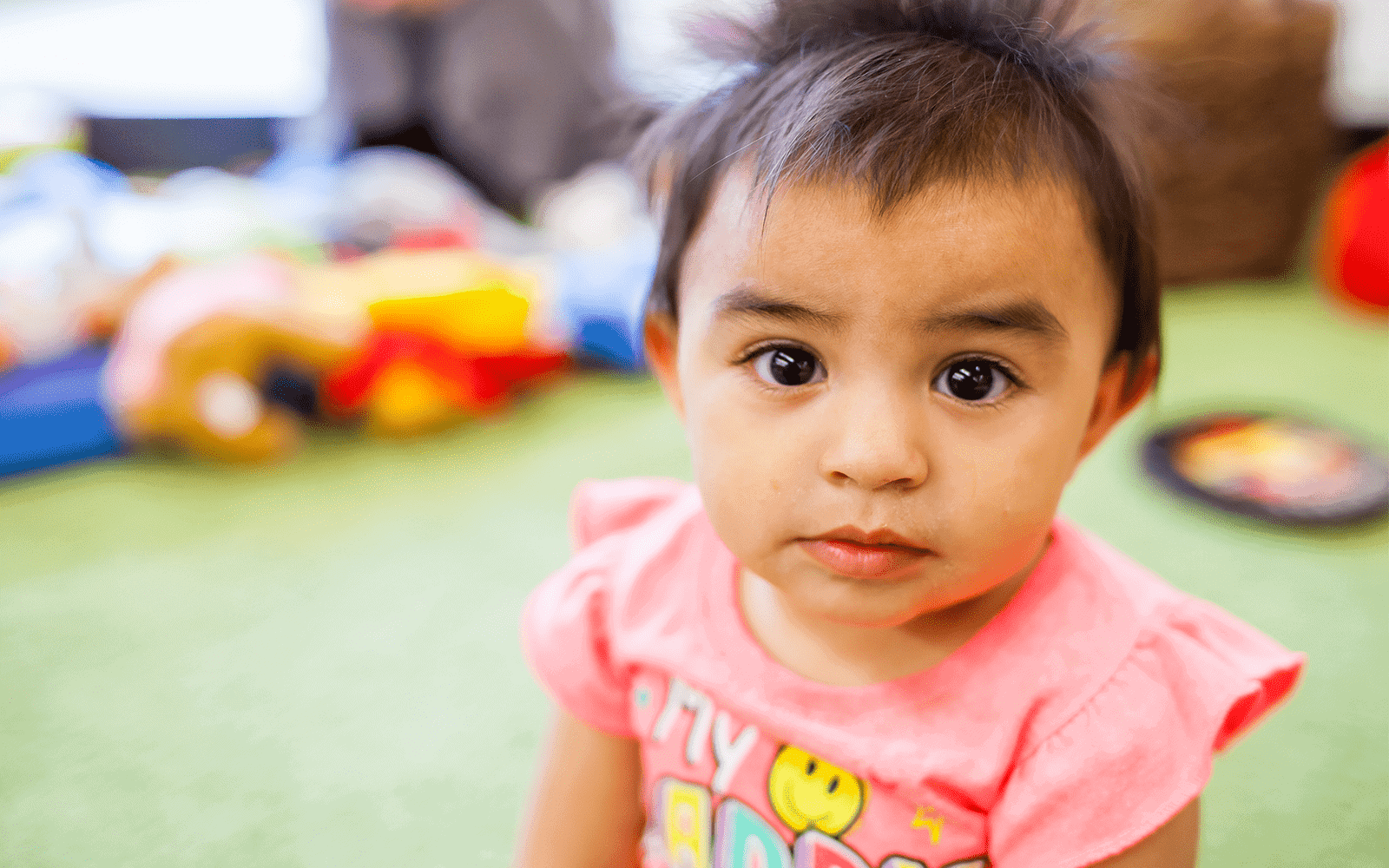When one thinks of the phrase “Infant and Early Childhood Mental Health,” they may visualize a baby on a couch babbling to a therapist or wonder if infants and young children even have mental health needs. However, infant/early childhood mental health (I/ECMH) is far more powerful, comprehensive and complex.
As defined by ZERO TO THREE, I/ECMH is the developing capacity of a child from birth to age 5 to form close and secure adult and peer relationships; to experience, manage and express a full range of emotions; and to explore the environment and learn—all in the context of family, community and culture. I/ECMH is an imperative component of early childhood development, and these skills provide a foundation for all other domains of development, such as cognition, speech and language and motor skills.
Many equate I/ECMH with overall social-emotional development or self-regulation. Although, this is not entirely accurate as I/ECMH encompasses the needs and strengths of the child and the primary caregiver, as well as the characteristics of the caregiving relationship.
The early care and learning field can and should approach our work through an I/ECMH lens. This approach is strengths-based and focused on health, not illness; places importance on equity, cultural humility and reflective practice; and understands the importance of brain science and that development happens within the context of relationships. It is critical that the I/ECMH system be comprehensive, coordinated and integrated, and should offer families the supports that reflect the continuum of care needed, from education and prevention to intervention and treatment.
At Start Early, we recognize the importance of I/ECMH in our programs, trainings and professional development offerings. In addition, our Illinois Policy Agenda reflects our commitment to advancing policies that strengthen the I/ECMH system and promote access to the continuum of supports that families with young children need. Some of our policy priorities include:
- Implementing a model of I /ECMH Consultation and trauma supports across early care and learning programs
- Building the capacity of mental health service providers to address I/ECMH
- Establishing routine identification of and referrals for caregiver depression in the perinatal period, including supports for the caregiver and child
- Increasing access to mental health services for families with young children through increased funding for services
- Providing rates to providers that provide parity with physical health care
- Improving access to mental health services provided through services like Early Intervention
At Start Early, we know that the mental health needs of children and families are greater during the ongoing COVID-19 pandemic, and we must prioritize I/ECHMH support now more than ever. I/ECMH is often misunderstood, but it is a simple concept—it is the foundation of all future development, and we all share ownership of helping our children grow.
This blog post is the first in a series about I/ECMH in honor of Mental Health Awareness Month, as we also partner with other I/ECMH organizations, such as the Illinois Association for Infant Mental Health and the Illinois Children’s Mental Health Partnership.


